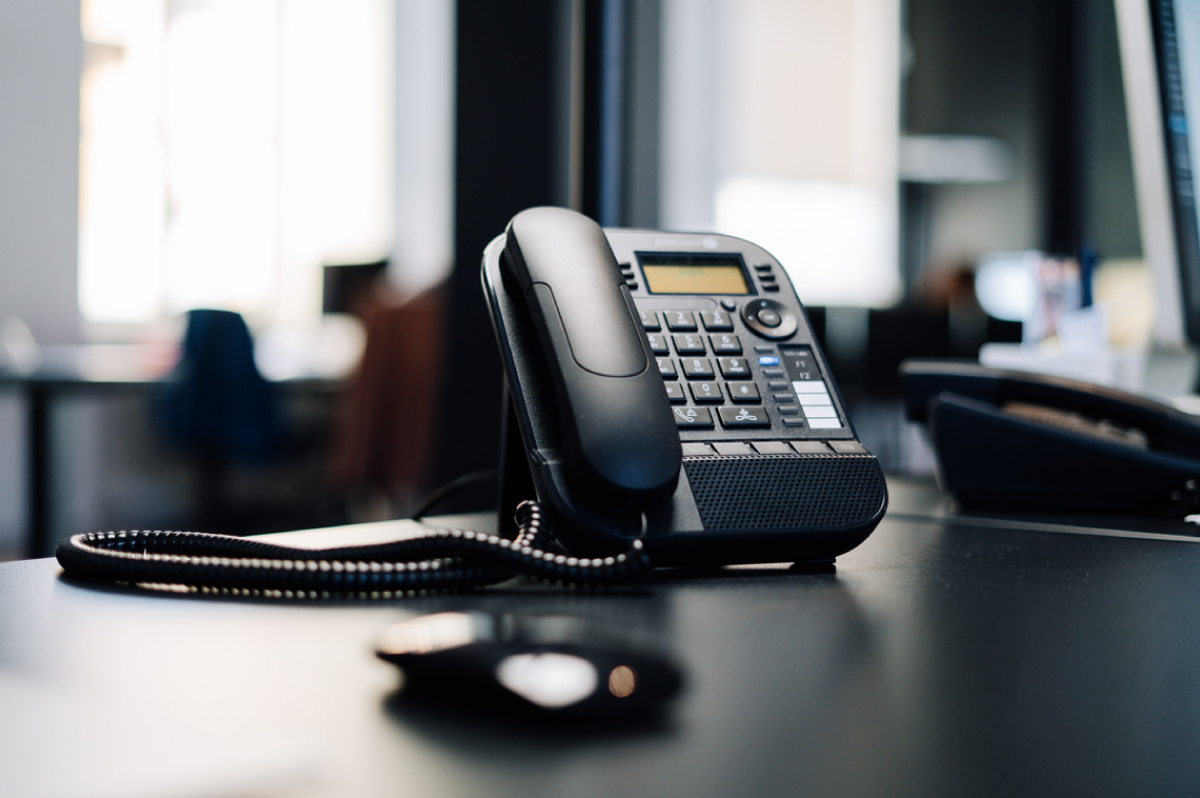In the wake of the Supreme Court’s narrow TCPA interpretation in Facebook v. Duguid, we anticipated states would adopt more stringent telemarketing laws. With the unanimous passage of Florida SB 1120 at the end of April, that expectation came closer to reality. Almost two months later, however, the legislature still has not presented the bill to Governor DeSantis for signature. With a purported effective date of July 1, 2021 (one week from today!), the business world waits anxiously to see what happens next. See below for more details on this troubling bill.
For years, Florida law included an ambiguous provision regulating telephonic sales calls made using “an automated system for the selection or dialing of telephone numbers or the playing of a recorded message.” This “automated system” provision was largely an afterthought due to the lack of state enforcement and more pressing concerns related to rampant TCPA litigation. After the passage of SB 1120, however, businesses can no longer ignore this Florida law.
The bill’s most notable changes are: (1) imposing a single, written consent standard for sales calls, including texts and voicemails, made using an automated system; and (2) adding a private right of action, with statutory damages of up to $1,500 per call, for any violation of Fla. Stat. 501.059, including the automated system provision.
In some respects, Florida’s law goes beyond the pre-Facebook application of the TCPA. For example, it covers calls to cell phones and landlines. Also, while the definition of written consent largely mirrors the TCPA’s definition, ambiguous drafting makes it unclear whether the consent language must explicitly cover voicemail messages (if applicable) and how robust the “consent not required” disclosure must be.
The biggest concern may be the lack of clarity around what qualifies as an automated system. Sound familiar? One positive is that the Florida bill does not require us to consider a system’s “capacity.” As a tradeoff, we must interpret the ambiguous “selection or dialing” language. Businesses with TCPA scar tissue understand the concept of automated dialing, which arguably covers predictive dialers, power dialers, and mass-texting platforms. But what does automated selection of phone numbers mean? Without state guidance or court interpretations, it is difficult to say. Relevant factors may include the degree of human involvement in the campaign creation process, system workflows (i.e., how a user goes from one call to the next), and the presence or lack of automation, analytics, or logic used to determine the order to dial telephone numbers.
If the TCPA taught us anything, it’s that plaintiffs’ attorneys like ambiguities. Throw in the newly created private right of action with statutory damages and you have a recipe ripe for class action abuse.
Other changes contemplated by SB 1120 include call volume limitations (maximum 3 per 24 hours), calling time restrictions (8am-8pm), and caller ID spoofing prohibitions.
With a purported effective date of July 1, 2021, businesses should carefully evaluate the impact this bill will have on their call and text campaigns if Governor DeSantis signs it into law. When doing so, be sure to double-check compliance with all requirements in Fla. Stat. 501.059, including rules related to Do Not Call lists, disclosures, signed contracts, and more. The new private right of action and statutory damages extend to these requirements as well.
Nick is a Partner at M&S where he leads the firm’s Compliance practice areas. He brings more than a decade of experience helping clients understand and comply with federal and state privacy, advertising, and telemarketing laws and regulations.



